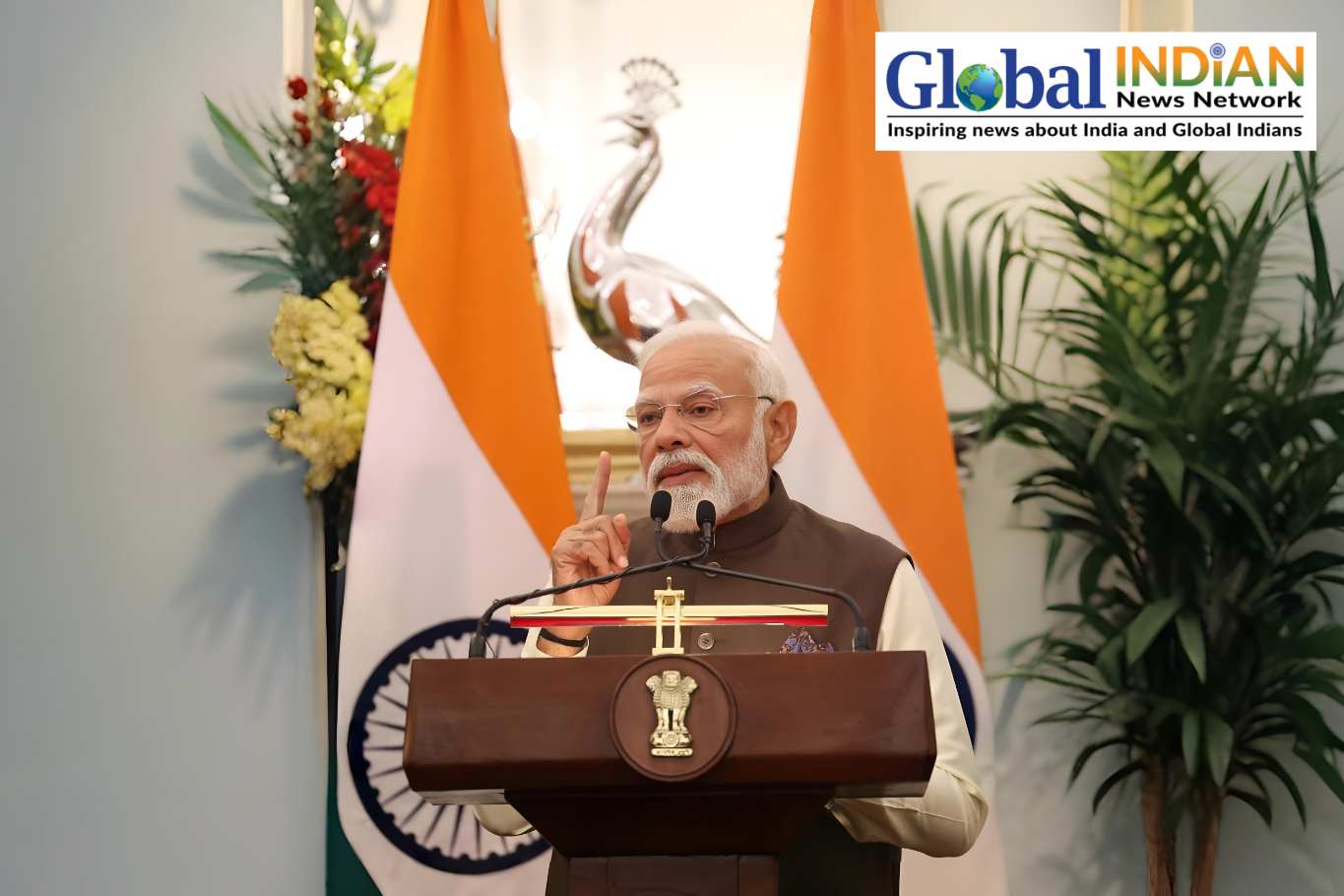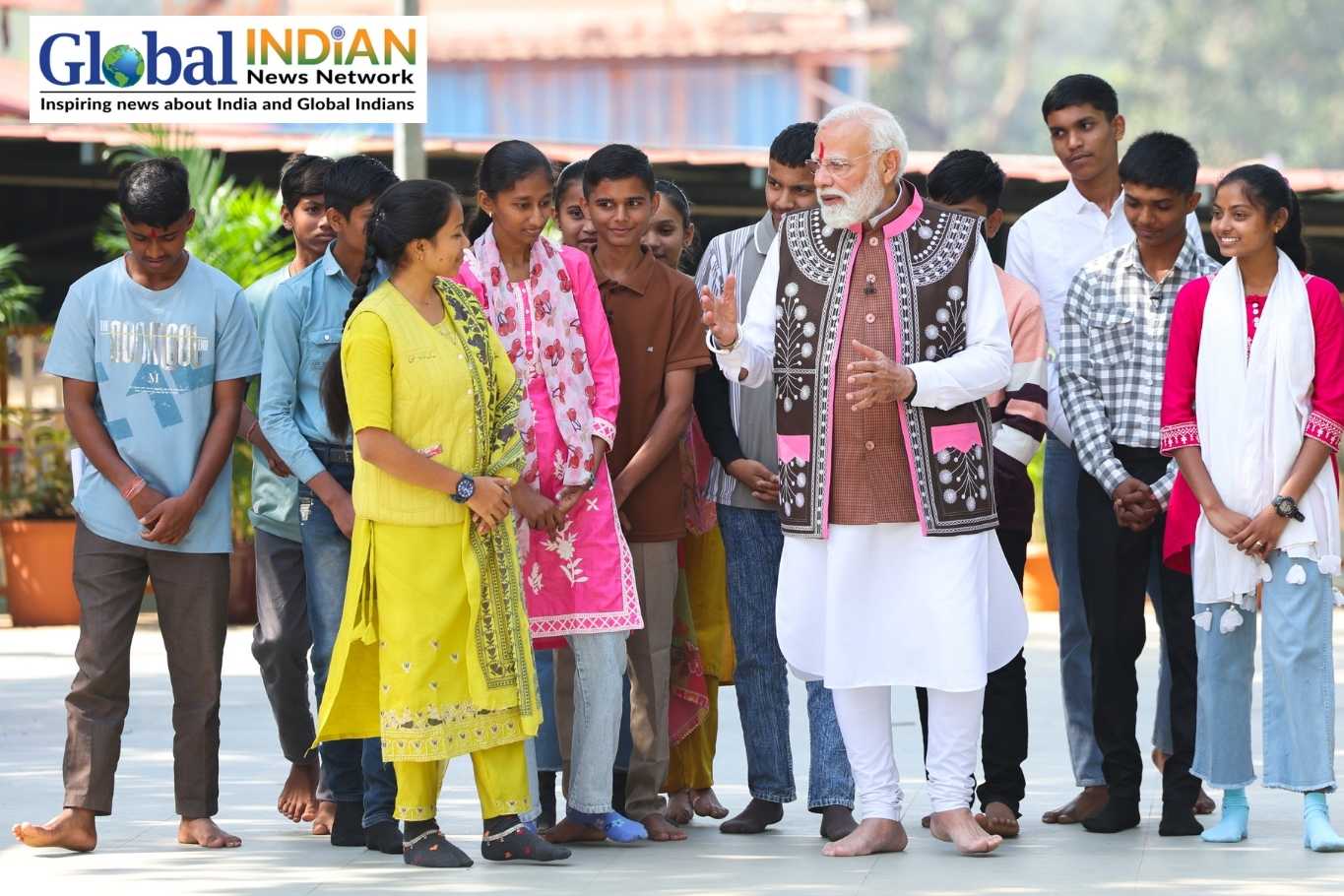
Canada appears to be revising its approach toward India following Donald Trump’s U.S. election win on November 5, 2024. This diplomatic shift signals a potentially new chapter in Canada-India relations, influenced by the White House power shift. Previously, Prime Minister Justin Trudeau’s government was vocal in its support of Khalistani separatists operating within Canada, ignoring India’s calls to curb these groups’ activities, which openly challenged India’s sovereignty.
With Trump poised to return to the Oval Office, Canada’s stance on India is now noticeably softer. Prime Minister Narendra Modi, known for his positive relationship with Trump, stands in sharp contrast to Trudeau, whom Trump had previously criticized as “dishonest and weak.” Observers suggest Canada’s changed tone may be driven by the expectation that a Trump-led U.S. will strengthen ties with India, a key ally in its Asia strategy.
Canada’s recent actions include the arrest of several Khalistani supporters, marking a notable shift. Among them is Arshdeep Singh Gill, or Arsh Dalla, who is linked to the Khalistan Tiger Force (KTF) and known for his ties to deceased separatist leader Hardeep Singh Nijjar. On October 28, Canadian police detained Dalla after a shooting incident, and other KTF-linked figures have also been apprehended in both Canada and India. Additionally, a Brampton resident was arrested after a violent protest at a Hindu temple, where demonstrators carried Khalistani flags. Peel Regional Police have initiated an investigation into these clashes, some of which were caught on video.
The Khalistan movement, which seeks a separate Sikh state in India, has been a divisive issue in Canada-India relations, especially after Nijjar’s 2023 assassination. Trudeau blamed Indian operatives for his death—a charge India denied, citing Canada’s failure to act on separatist violence.
Trump’s win bodes well for India’s strategic role in U.S. policy, especially as he seeks to counter China’s influence in Asia. Modi was quick to congratulate Trump, reinforcing the two leaders’ shared vision on economic and security matters. Experts predict stronger U.S.-India ties under Trump, particularly in defense.
For Canada, Trump’s policies may present economic hurdles. With 75% of Canada’s exports going to the U.S., Trudeau’s government faces potential trade disruptions. Economic forecasts are mixed, with Desjardins Economics anticipating a 1.7% dip in Canada’s GDP by 2028 due to Trump’s trade measures. Despite challenges, Trudeau expressed a readiness to work with Trump, pointing to the longstanding U.S.-Canada relationship.









